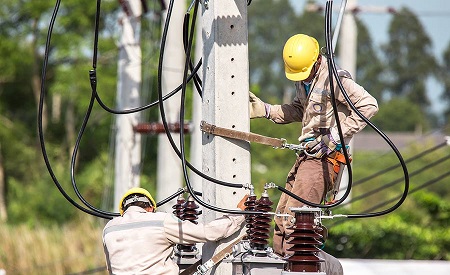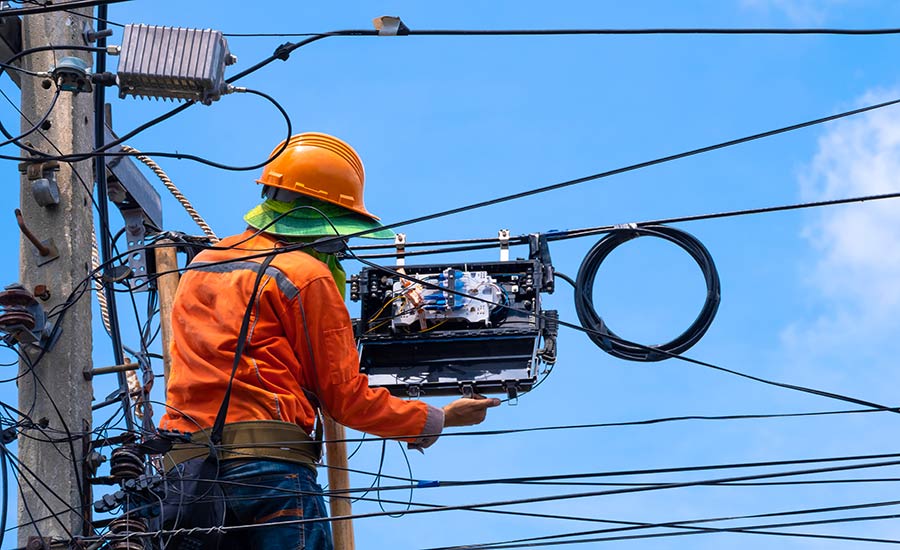
In the realm of business operations, the dilemma of repairing versus replacing commercial equipment is a decision that can significantly impact the bottom line. From industrial machinery to office appliances, the choice between investing in repairs or opting for a new purchase requires careful consideration of various factors. In this blog post, we explore the key considerations for businesses facing this critical decision.
Downtime and Operational Impact
For businesses, downtime can translate into lost productivity, missed deadlines, and ultimately, revenue loss. When commercial equipment breaks down, the decision to repair or replace often boils down to minimizing downtime and maintaining operational efficiency. In some cases, the urgency of getting equipment back online may necessitate immediate repairs to avoid disruptions to workflow. However, if repairs are extensive and downtime is prolonged, investing in a replacement may be more cost-effective in the long run, especially if newer models offer improved efficiency and performance.
Commercial Electronics, Inc. has the fastest turn-around in the industry and can have your equipment repaired and back in as little as 2 weeks with free pickup and free delivery.
Cost Analysis: Repairs vs. Replacement
Economic considerations play a crucial role in determining whether to repair or replace commercial equipment. Conducting a thorough cost analysis is essential to assess the financial implications of each option. While repairs may seem initially less expensive than purchasing new equipment, it’s essential to factor in the total cost of ownership, including ongoing maintenance, future repair expenses, and potential energy savings with newer, more efficient models. Additionally, consider the depreciation of older equipment and its impact on the overall value proposition.
Technological Advancements and Innovation
In many industries, technological advancements drive innovation, leading to more efficient and advanced equipment. When deciding between repairs and replacements, businesses must evaluate whether investing in newer technology offers significant advantages in terms of performance, energy efficiency, and functionality. Upgrading to cutting-edge equipment can enhance competitiveness, streamline operations, and future-proof businesses against obsolescence. However, it’s essential to balance the potential benefits of innovation with the upfront investment required for new equipment.
Commercial Electronics, Inc. offers many upgrades to existing equipment to provide newer equipment capabilities thus bringing new economic life to current equipment. These upgrades along with CEI’s reliable repair service can increase your ROI!
Regulatory Compliance and Safety
Compliance with industry regulations and safety standards is paramount for businesses operating commercial equipment. Outdated or malfunctioning equipment may pose safety risks to employees, compromise product quality, or lead to regulatory penalties. When evaluating the need for repairs or replacements, businesses must consider whether existing equipment meets current safety standards and regulatory requirements. Upgrading to newer models that comply with industry regulations can mitigate risks and ensure a safe working environment for employees.
Long-Term Sustainability and Environmental Impact
In today’s business landscape, sustainability and environmental stewardship are increasingly important considerations for companies across industries. When weighing the decision to repair or replace commercial equipment, businesses should assess the long-term sustainability implications of their choices. Repairing equipment can extend its lifespan, reduce waste, and minimize the environmental footprint associated with manufacturing new products. However, replacing outdated equipment with energy-efficient, eco-friendly alternatives can yield environmental benefits in terms of reduced energy consumption and emissions over time.
Conclusion
The decision to repair or replace commercial equipment is a multifaceted one that requires careful consideration of various factors, including downtime, cost analysis, technological advancements, regulatory compliance, and sustainability. By conducting a thorough assessment of these factors and weighing the pros and cons of each option, businesses can make informed decisions that align with their operational needs, financial objectives, and commitment to sustainability. Whether opting for repairs to prolong the lifespan of existing equipment or investing in replacements to leverage technological innovation, businesses must prioritize efficiency, safety, and long-term viability in their equipment management strategies.
Commercial Electronics, Inc. can help in the decision-making process of whether to repair or replace faulty equipment. A reliable repair can prolong the life of your equipment and therefore increase your return on investment. Reach out and let us help you make the decision to repair or replace!




